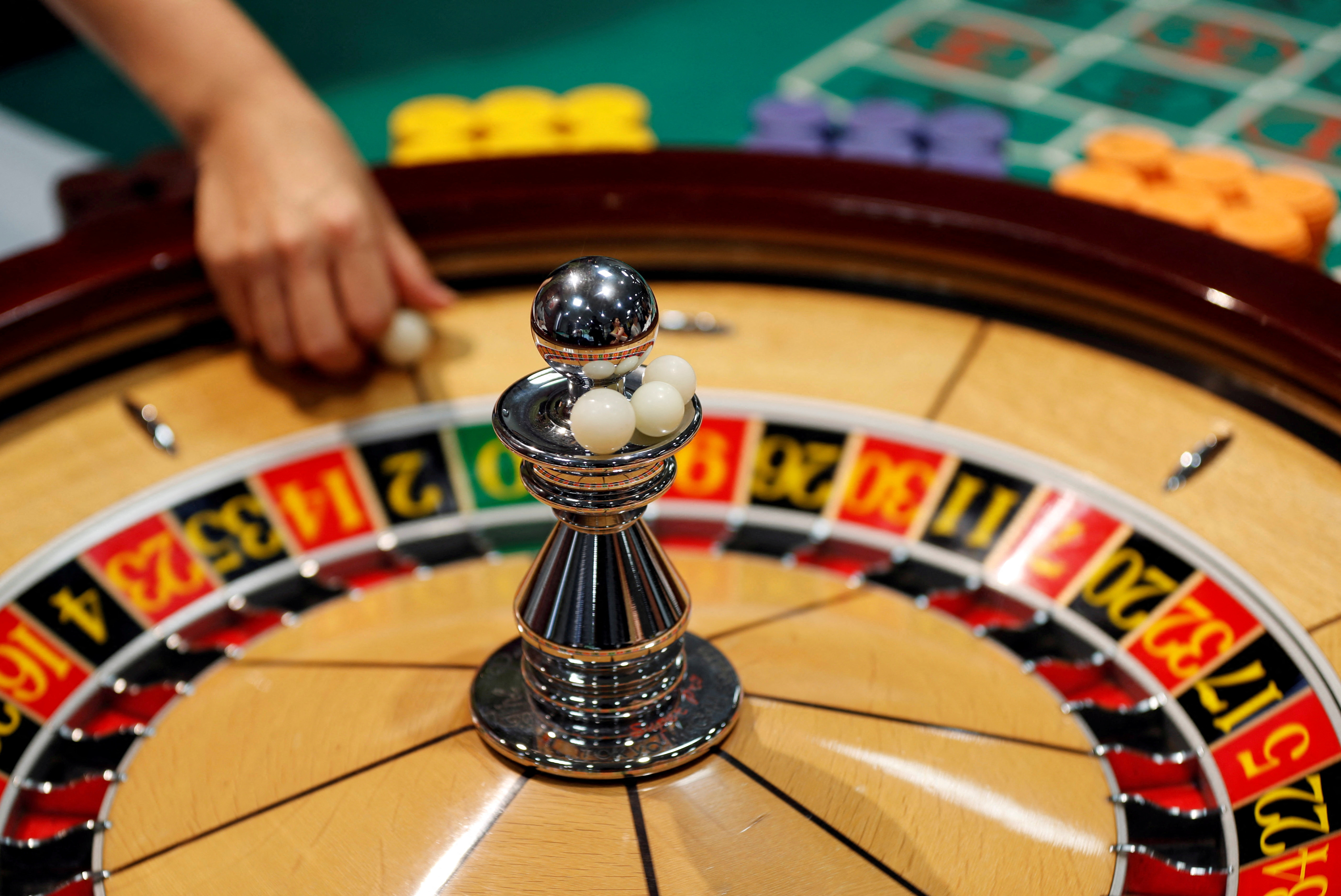Ten Tips On Head-Tohead Records When Making Predictions For Tennis
Ten tips will aid you in making better decisions. These ten suggestions can help you to make more informed choices:Surface context: The success of a tennis player against another can vary depending on the surface. Check H2H matches that were played on the same surface to the game that is scheduled to make a more accurate comparison.
The recentness of the game The match’s history is long-standing. Matches that were played many years ago are not as important. Focus on most recent matches since players’ tactics their fitness levels, tactics, and style of play change with time.
Match Importance – Think about the significance of the match(es) in H2H’s time line. Wins in Grand Slams or finals might have more significance than those in tournaments of lower tiers.
Scoreline Analysis: Go beyond who lost or won. Take a look at how close matches are. Did one person win in straight-sets, or were there tiebreaks in multiple sets with a tightly-contested match?
Playing Styles. Certain styles could be difficult for certain kinds of players. For instance, a large server could be unable to compete with a top returner. Analyze how their styles match with previous encounters.
Injuries and fitness in the past games: Determine whether any of the players were struggling with injuries or lack of fitness during the previous H2H games. This can result in a change in the game record and it may not reflect their capabilities at a high level when they are fully fit.
Surfaces and Conditions: H2H records may contain matches played in conditions very distinct from the current game. For example outdoors or indoors, at a high altitude or with varying weather. Compare the conditions for your next match.
Stage of the Tournament: Players could perform differently depending on the stage of the tournament. You can use the H2H data to determine whether earlier matches were played in early rounds or high pressure situations, like semifinals and finals.
Mental Edge, Rivalry, and the loss of focus If a player loses consistently to the same opponent, they could be suffering from mental blockage. The opponent has an advantage when it comes to mental health. Rivalries can make the best of players.
Impact of crowds and home advantage Consider whether earlier matches were played in the nation of a single player or against large crowds that were supportive. The home advantage is often able to shift the balance to the favor of one team, particularly when there are close rivalries.
If you take the time to study these aspects of the record for H2H, you’ll get a deeper understanding of how the upcoming game will unfold which will lead to more accurate tennis predictions. See the most popular Tennis News Today for site info including womens tennis odds, picks of the day, sure win and prediction, betting tips, tennis betting predictions, roland garros betting, picks tonight, free sports prediction, best sports betting prediction sites, wta odds and more.

Ten Tips To Aid You In Making Better Tennis Predictions By Taking Into Consideration Psychological Aspects
Psychological factors play an important part in tennis and significantly influence the outcome of a match. Here are ten tips to consider when analyzing these factors for making predictions:Confidence Levels: Assess the player’s confidence based on their recent performances and achievements. If a player is enjoying a winning streak or who has recently won a major match might be confident and calm. However, a player who is losing may have a difficult time believing in their abilities.
Mental Toughness. Look at how players manage pressure during crucial situations, like tiebreaks. Players who have a mental toughness are usually more effective under pressure.
Compare how players have played against one another before. Mental factors such as a “mental block” against a particular opponent may affect the performance of the other.
Be prepared for adversity. Consider how players handle setbacks, such as losing sets or falling behind. The players who can solve problems and stay focused can turn around an event.
Motivation and goals: Determine the motivation of a player by considering their current goals. If a player is looking to achieve a career-high rank or a title with importance may be more focused and determined.
Pressure of Expectations: Examine the players’ responses to pressure from media, fans or their own personal goals. The pressure of expectations can inspire players to perform, or make them be unable to perform.
Emotional Stability: Emotional changes can have an impact on performance. The players who manage their emotions well will be more likely to remain steady throughout a game as those who exhibit frustration or anger could lose concentration.
Take into consideration the psychological effects from recent injuries. A player recovering after an injury could be unsure or cautious and this may impact their performance. On the other hand, a recuperated athlete could feel more confident.
Recent Changes: Evaluate the ways that recent changes, such as an incoming coach or important life event, could impact a player’s mental state. Positive changes will increase performance. However, negative changes may result in the opposite.
Crowd Influence – Think about how players will react to support from the crowd, or to negative reactions. Some players are excited by home crowd support while others might feel disengaged or pressured.
It is possible to make more precise and informed predictions if you incorporate psychological aspects into your analysis. View the most popular Tennis Forecasting for blog examples including wta odds, to day prediction, betting predictions today, matches today and predictions, us open odds womens, tennis tomorrow, us open tennis betting, us open women odds, bets today, safest bets today and more.

Tennis Betting Tips: 10 Tricks To Help You Predict The Odds
If you’re hoping to know how to anticipate tennis matches, betting odds can provide valuable information. Here are ten tips on how to use betting odds effectively:Understand the Odds Formats: Familiarize yourself with different odds formats–decimal, fractional, and moneyline. Understanding the different odds formats will enable you to comprehend the odds and determine potential returns with greater accuracy.
Comparing odds across bookmakers will help you to find the most value for your money. Find the best odds when you compare odds across different websites.
Track Odds movements: Be aware of how odds shift in the weeks prior to games. Odds that change dramatically could be a sign of shifts in perception, injuries or other factors that impact player performance.
Calculate implied probability: To assess the bookmaker’s perception of the probability each player will have, convert the odds to implied probabilities. This will let you examine the odds of your predictions with those of the market.
Look for Value Bets. Find out if there are any differences between the odds provided by bookmakers and your evaluation of the player’s chances. It is possible to place a value wager if you think a person is more likely to win than odds indicate.
Take into account recent form and injuries: Odds are usually an indication of current form or injury status for players. Make sure you keep updated with the latest information regarding players. Sudden changes in player status can impact betting odds and even bets.
Analyze the market for over/under: These markets involve betting on the number of games or sets played in a match. You can estimate match length and games by analyzing the previous performance of players.
Check the odds against head-to-head records. Historical performance against a specific opponent can sometimes provide insight into how odds may change.
Be aware of the context of the tournament. Betting odds can be affected by tournament importance. The players’ performance can be different when playing games with high stakes in comparison to games of less importance. It is important to consider the way in which the context of the tournament could impact the odds.
Beware of Overreaction: Bookmakers sometimes react too strongly to events of the past like a major win or loss. If odds for a particular player have shifted dramatically due to an event in the past, consider whether this shift accurately represents their overall form and potential.
These suggestions can help you make better betting decisions. They’ll ensure that your predictions have an established foundation in odds and market dynamics.



